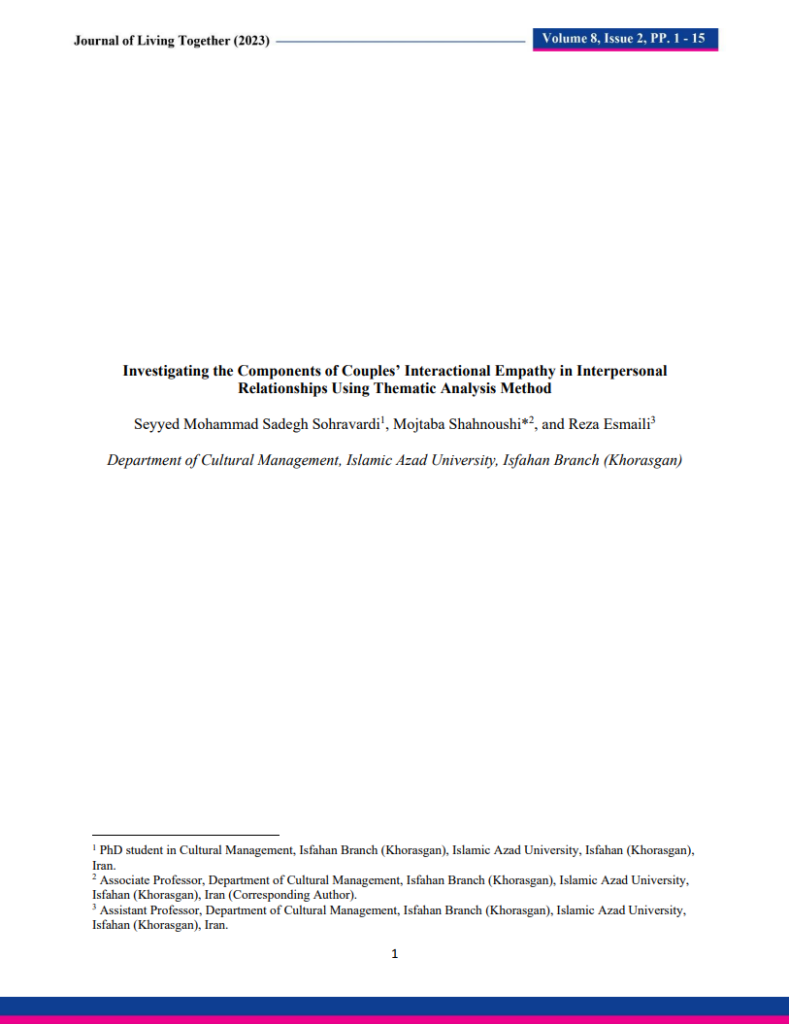The Catalan Independence – Spanish Unity Conflict
What Happened? Historical Background to the Conflict
On October 1st, 2017, Catalonia, a Spanish state, held a referendum on independence from Spain. 43% of the Catalan public voted, and of those who voted, 90% were in favor of independence. Spain declared that the referendum was illegal and stated that they would not honor the results.
The movement for Catalan independence was re-awoken following the economic crisis in 2008 after having lied dormant. Unemployment in Catalonia increased, as did the perception that the central Spanish government was responsible, and that Catalonia would do better if it could function independently. Catalonia advocated for increased autonomy but at the national level in 2010 Spain rejected Catalonia’s proposed reforms, strengthening sympathy for independence.
Looking back, the dissolution of the Spanish empire due to the success of colonial independence movements and the Spanish-American War weakened Spain, making it vulnerable to civil war. When General Franco, a fascist dictator, consolidated the country in 1939, he forbade the Catalan language. As a result, the Catalan independence movement considers itself to be anti-fascist. This has caused resentment among some unionists, who also consider themselves anti-fascist, and feel they are being categorized unfairly.
Each Other’s Stories – How Each Person Understands the Situation and Why
Catalan Independence – Catalonia should leave Spain.
Position: Catalonia should be accepted as an independent nation, free to self-govern and not subject to the laws of Spain.
Interests:
Legitimacy of Process: Most of the Catalan public is in favor of independence. As our Catalan President Carles Puidgemont said in his address to the European Union, “Democratically deciding the future of a nation is not a crime.” We are using voting and protests, which are peaceful means, to make our demands. We cannot trust the Senate, which supports Prime Minister Mariano Rajoy, to treat us fairly. We have already seen violence from the national police when we held our election. They tried to crack down on our right to self-determination. What they did not realize is that this only strengthens our case.
Cultural Preservation: We are an ancient nation. We were forced into Spain by the fascist dictator Franco in 1939, but we do not consider ourselves Spanish. We wish to use our own language in public life and to observe the laws of our own parliament. Our cultural expression was suppressed under the Franco dictatorship. We understand that we are in danger of losing what we do not preserve.
Economic Well-Being: Catalonia is a prosperous state. Our taxes support states that do not contribute as much as we do. One of our movement’s slogans is, “Madrid is robbing us”—not just of our autonomy, but also of our wealth. In order to function independently, we would rely heavily on our ties with other European Union members. We currently do business with the E.U. and wish to continue those relationships. We already have foreign missions set-up within Catalonia. We hope that the E.U. will recognize the new nation we are creating, but we are aware that we need Spain’s acceptance too, to become a member.
Precedent: We are appealing to the European Union to acknowledge us. We would be the first country to break away from a Eurozone member, but the formation of new nations is not a new phenomenon in Europe. The division of nations established after World War II is not static. The Soviet Union split into sovereign nations after its divide, and even recently, many in Scotland have been pushing to break away from the United Kingdom. Kosovo, Montenegro, and Serbia are all relatively new.
Spanish Unity – Catalonia should remain a state within Spain.
Position: Catalonia is a state in Spain and should not attempt to secede. Instead it should seek to meet its needs within the existing structure.
Interests:
Legitimacy of Process: The October 1st referendum was illegal and beyond the bounds of our Constitution. The local police allowed an illegal vote to take place, which they should have acted to prevent. We had to call in the national police to control the situation. We have proposed to hold a new, legal election, which we believe will restore goodwill and democracy. In the meantime, our Prime Minister Mariano Rajoy is using Article 155 to remove Catalan President Carles Puidgemont from office, and charging Catalan police commander Josep Lluis Trapero with sedition.
Cultural Preservation: Spain is a diverse nation made up of many distinct cultures, each of which contributes to the national identity. We are comprised of seventeen regions, and tied together through language, culture, and the free movement of our members. Many people within Catalonia feel a strong sense of Spanish identity. In the last legitimate election, 40% voted pro-unionist. Will they become a persecuted minority if independence goes forward? Identity does not need to be mutually exclusive. It is possible to be proud of being both Spanish and Catalan.
Economic Well-Being: Catalonia is a valuable contributor to our overall economy and were they to secede, we would experience losses. We would like to do what we can to prevent those losses. It is only right that richer regions support poorer ones. Catalonia is in debt to the national government of Spain, and is expected to contribute to paying down Spain’s debts to other countries. They have obligations that they need to recognize. Plus, all this unrest is bad for tourism and our economy. Leaving will hurt Catalonia too because big companies will not want to do business there. Sabadell, for example, has already moved its headquarters to another region.
Precedent: Catalonia is not the only region in Spain that expressed interest in secession. We have seen a Basque independence movement subdued and transformed. Now, many Spaniards in the Basque region tend to express satisfaction with their relationship with the central government. We would like to keep the peace and not re-open interest in independence in other Spanish regions.
Mediation Project: Mediation Case Study developed by Laura Waldman, 2017



